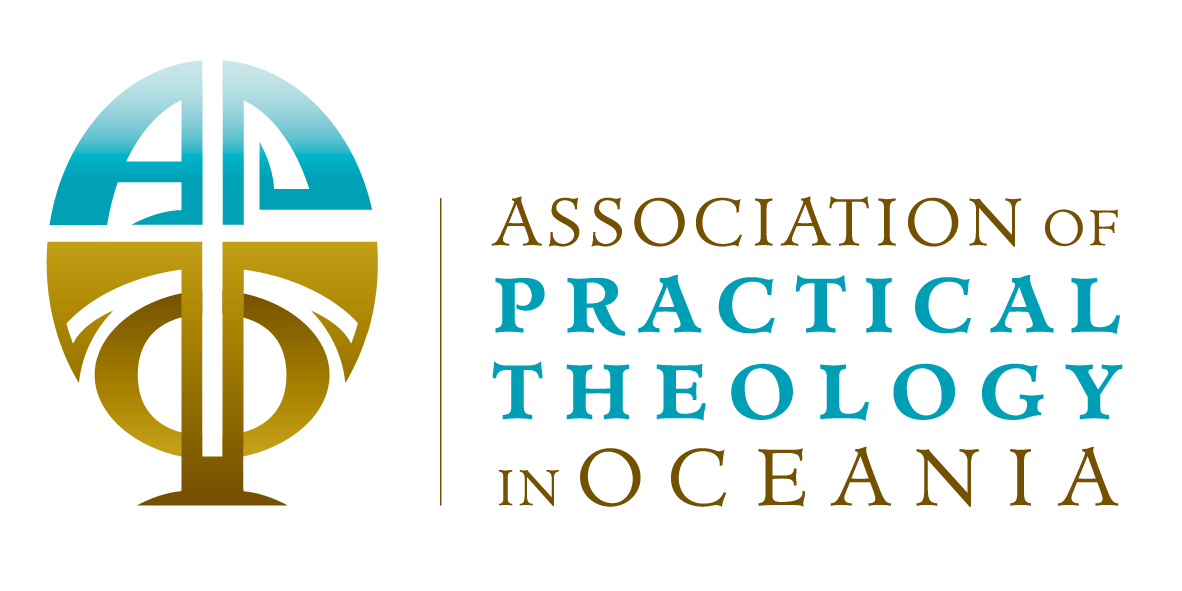

Discussion Time: 3:30pm Wednesday 29 November NZDT
Location: E 1.01
After considering a “migrational hermeneutic,” with a view to our contemporary situation, this paper will consider Philippians through a migration lens and its implications for contemporary life, church, and mission. While the letter appears to have little to do with migration, it is in fact a dominant motif in the letter. Aspects that will be explored include first, Paul as immigrant, Christian missionary, and political prisoner in Rome (or Ephesus) in the tumultuous early 60s when Nero held sway. This discussion will include consideration the impact of Sabina Poppaea and resistance to the immigrant Paul among some in the multicultural Roman church after the racist edict of Claudius and Paul’s attempt at reconciliation in the letter to the Romans (1:12–18a). Second, consideration will be given to the sacrifice made by the Philippians and especially Epaphroditus who sacrificially travels over 1300km to aid Paul in Rome. Third, the importance of immigration to the social fabric of the town of Philippi as a Roman colony will be canvassed. Fourth, I will consider the social makeup of the Philippian church, which included colonisers, slaves, immigrants, and women. Fifth, focus will go on the appeal of the letter for joint heavenly citizenship despite their Roman social status, race, gender, or migrational situation. Sixth, and most importantly, Paul’s portrayal of Jesus as immigrant to earth and paradigm for social relations in all churches will be considered. What will emerge is a rich intercultural embracing vision for worship, church life, and mission.
In the academic study of lived experience, practical theology often draws on empirical research. However, practical theology’s engagement with lived experience, as presented in archival material, is less common. The Glasgow University Library and University Archives hold a unique repository of pamphlets, sermons, reports and minutes. The archives include accounts of how Scottish missionaries experienced “blackbirding,” a coercive approach to migrant labour in Oceanic history. How might these historical accounts of lived experience help us analyse race and justice in the practices of mission? This paper considers three methodological approaches by which practical theology might research migration histories in Oceania. First, McDougall (2016) used oral histories retrieved through ethnography to outline a distinctive cosmopolitan openness that shaped migration amongst the Melanesian peoples of the Solomon Islands. Second, Modjeska (2014) used embodied imaginaries and drew the work of historians and anthropologists into a “fictive” narrative that asserted indigenous Melanesian agency. Third, Halapua (2001) wove documentary analysis, interviews and action research in seeking to sing God’s song of solidarity with marginalised Melanesians in Fiji. These three Oceanic methodologies provide ways first to approach archival history as lived experience and second to reflect on race and justice in the practices of Christian mission.